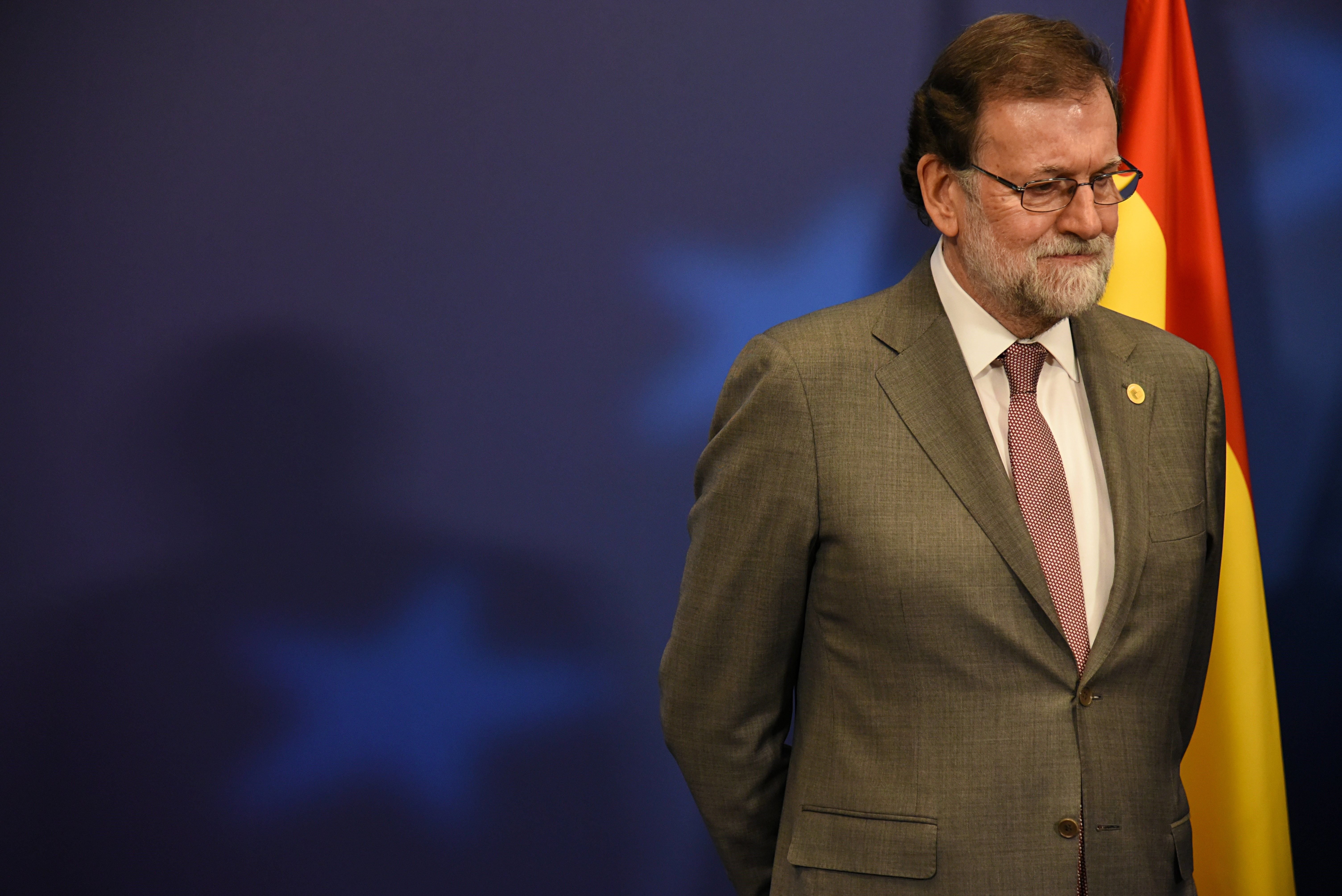Spain has been advised that its MPs need to make public all gifts they receive and all travel that is paid for on their behalf, as well as furnishing a series of details about financial credits they are granted. These recommendations come from a new report from the Group of States Against Corruption (known by its French acronym, GRECO), monitoring body which depends on the Council of Europe. Moreover, it is the third time that Spain has received these recommendations - and it has taken no action to correct the situation in these specific areas up till now.
GRECO has been carrying out "Evaluation Rounds" since 2005 on over 40 countries to analyze how they are performing in the fight against corruption. Spain is now immersed in the fourth round of this, which is focused on members of national parliaments, judges and public prosecutors.
In the Interim Report on compliance published this Wednesday, GRECO concludes that Spain still fails to comply with four of the eleven recommendations that the body made in December 2013 and that the other seven have only been partially fulfilled. Even so, this constitutes progress with respect to the evaluation that the international organization made in summer 2016, since at that time Spain had only begun to apply five of the eleven recommendations made.
But according to GRECO, the progress that has been made is "limited" and the degree of fulfillment of the recommendations is still "in general unsatisfactory". Now Spain has been given a one year period, until 31st December 2018, to report on the actions it has taken to improve the prevention of corruption among legislative and judicial powers.
Among the main recommendations, GRECO highlights the need to review the system of supervision and control of declarations made and the rules of conduct that apply. Although the report highlights that all MPs and senators are required to make declarations of economic interests, assets and complementary activities, GRECO sees it necessary for these statements to include more information that may be of interest and that has been a focus for investigation in Spanish courts, in the context of corruption cases.
Specifically, this includes such details as the market value of properties and vehicles, names of the companies in which the individuals concerned hold shares or stakes, interest rates they pay for loans from financial institutions, information on gifts they receive and travel costs which are paid for them, as well as the income from their complementary activities, including food and accommodation vouchers or payments.

